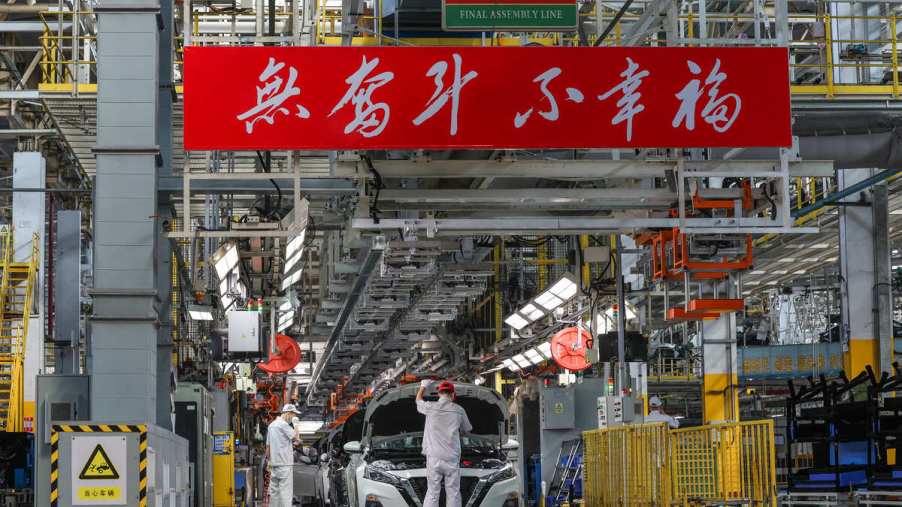
Are Chinese-Built Cars Coming? U.S. Treasury Secretary’s China Trip
The United States Treasury Secretary Janet Yellen is in China right now. She’s there to help shore up relations between the U.S. and China from a business and sales perspective. One thing that’s certain is a discussion of the large tariffs on Chinese cars entering the U.S. market.
The U.S. imposes a 27.5% tariff on Chinese cars, which is one of the reasons you don’t see any here. But elsewhere, especially in Europe and Australia, Chinese cars are coming on strong for several reasons. The first is a combination of price and quality.
Do other countries impose tariffs on Chinese cars?
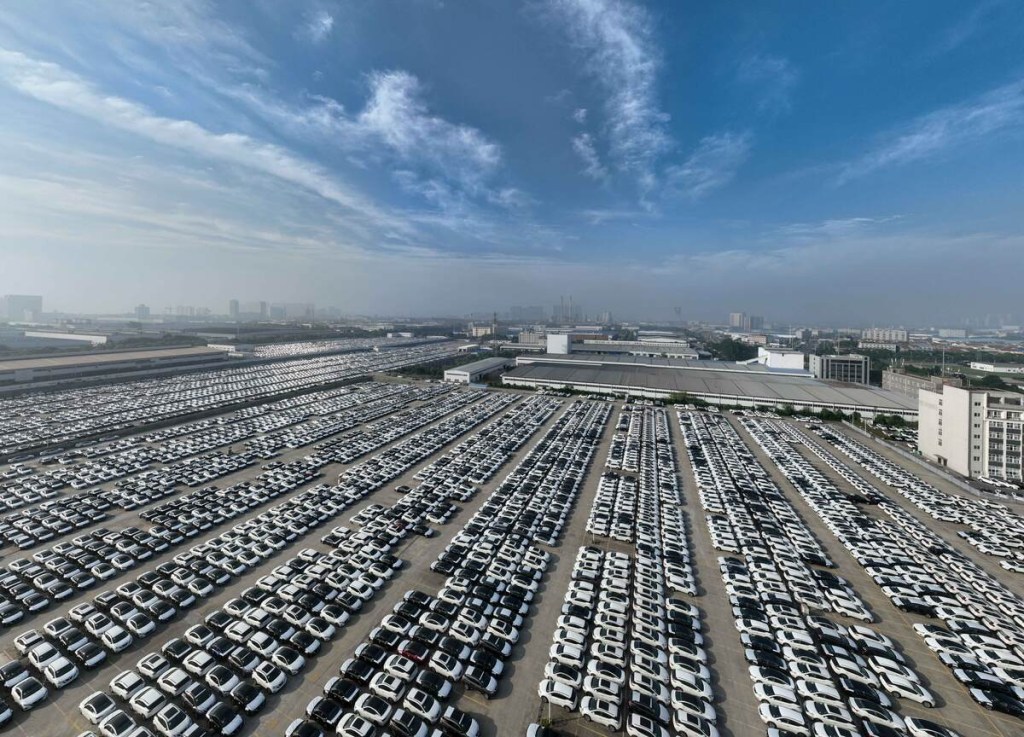
Even with a 10% import tariff on Chinese cars entering Europe, they’re gaining favor because buyers are unhappy with the cost of domestically-made vehicles. Across the board, prices are too high, while wages have been stagnant for years. If buyers can get a great car for a better price with everything like driver-assist and safety features, they’ll pass on homegrown.
And China has honed its engineering and assembly standards to those most buyers expect from every car today. So as best as we can tell from our limited exposure, they’re ready for European, and thus American, prime time. That wasn’t always true just a few years ago.
Is this a good or bad time to talk to China?
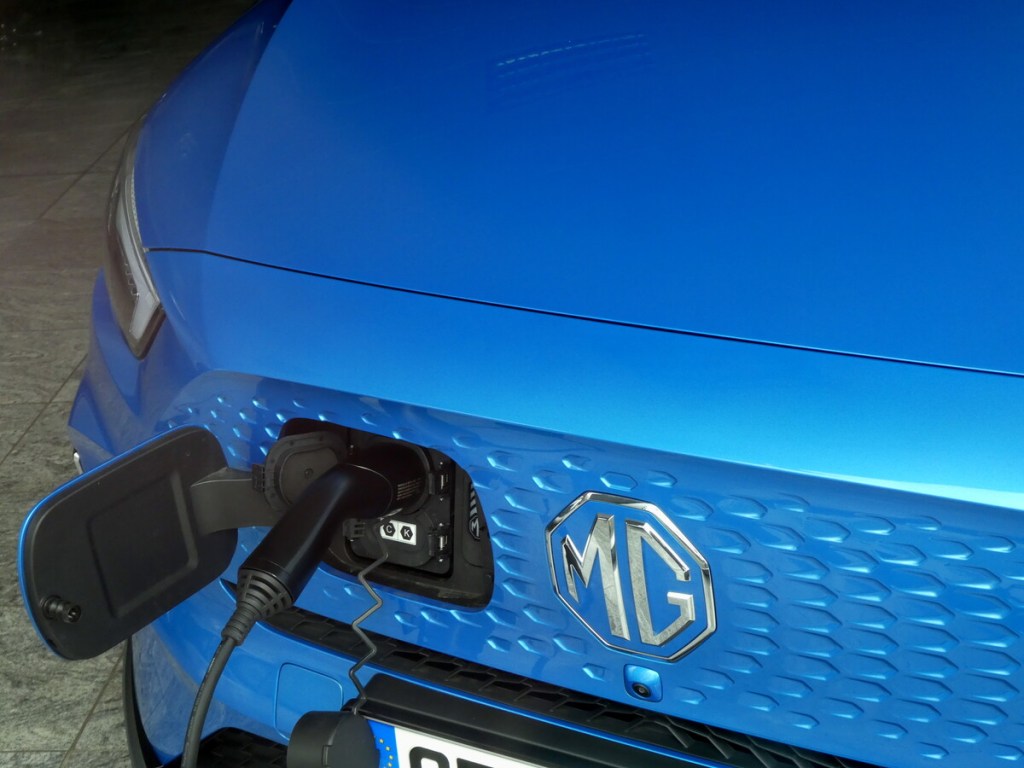
And especially when it comes to EVs, Chinese cars are coming on strong in every market it chooses to enter. It has class-leading technology to rival that of any manufacturer, including Tesla. As it extends its tentacles, the market it would most like to conquer is the U.S. So Yellen is not getting around this in her talks with China.
The timing is perfect, coming off the third day of worldwide record heat. Since records were first compiled, we’ve had the three hottest days in that recorded history. Right now. It is one reason why Europe is starting to loosen the rules surrounding Chinese foreign imports. It’s a way to increase one solution to the ever-present concerns about cars and global warming.
What is President Biden doing to increase EV sales?
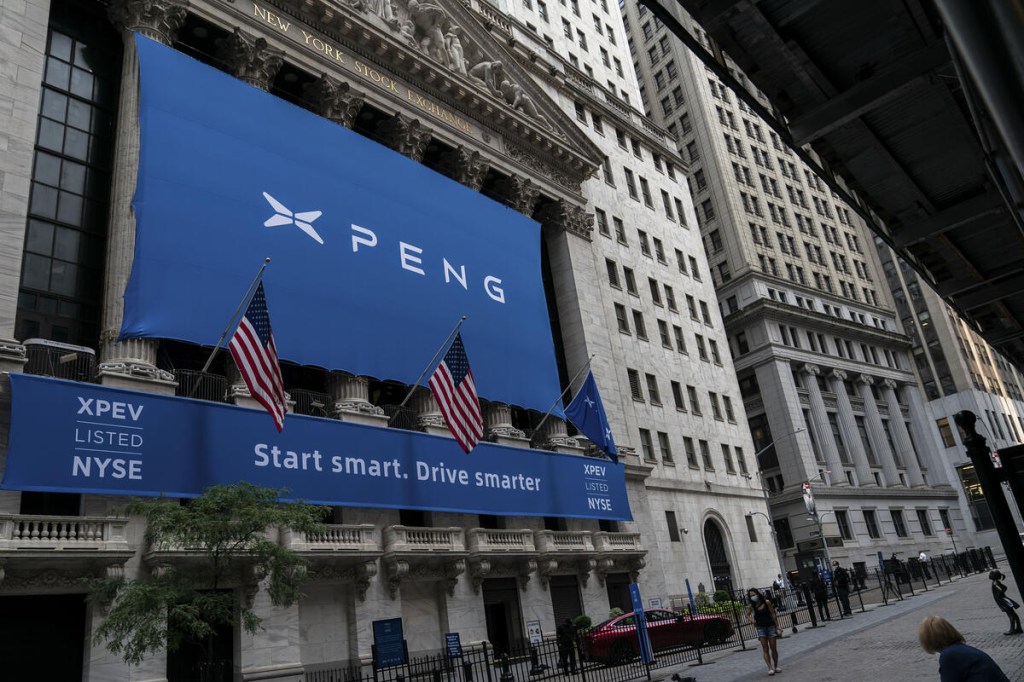
John Bozzella, head of the automotive lobbying group Alliance for Automotive Innovation, told Detroit News that Chinese EVs took 5% of that segment’s share of sales in the first nine months of 2022. This was partially fueled by Europe’s ever-widening focus on global warming. He thinks that by 2025 China will have 20% of the European EV market.
That’s part of the reason that President Biden has not only maintained some of the protectionist policies started by former President Trump but has actually increased them. Biden’s Inflation Reduction Act is a one-two punch to China of expanding EV tax credits but also stops Chinese companies from benefitting from domestic EV production.
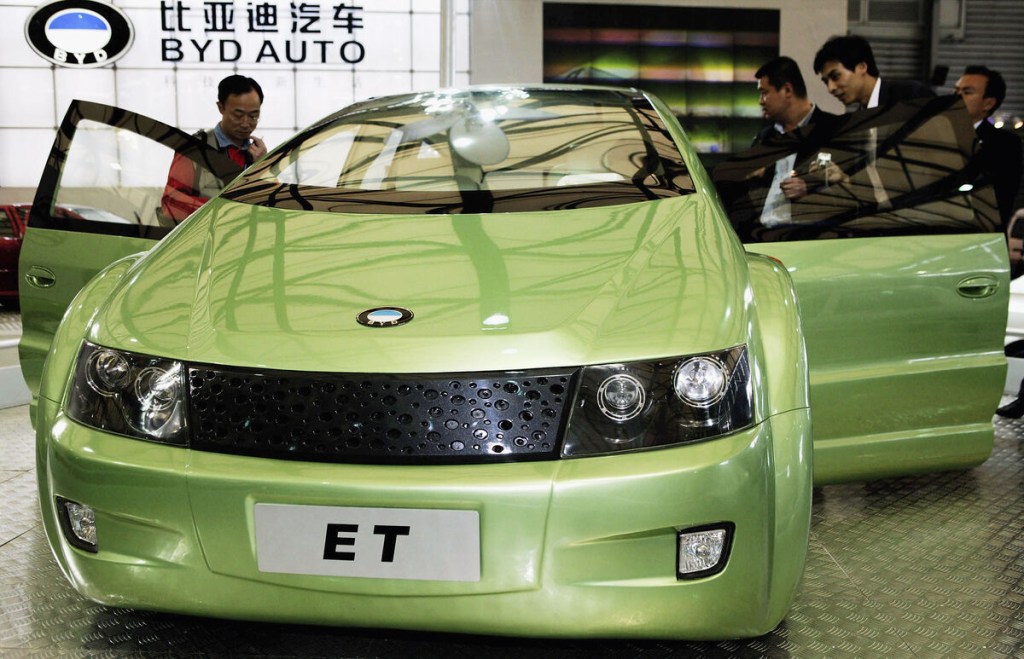
Not only does China have the ability to manufacture competitive EVs, but it also holds a big lead in battery technology and manufacturing. “The core question I think Washington and the United States need to grapple with is: Is it important that American transportation is electrified,” says Bozzella.
The Biden administration is gung-ho on EV adoption. So will Yellen strike a deal with China to forego some of the domestic gains in EV development and production, turning on the Chinese EV pipeline? Will Yellen ease back the 27.5% tariff to give China a slightly more open door? This would increase EV adoption at a much quicker pace.
All of this and more will come into focus over the next several days. Are you ready for the Chinese EV zeitgeist?



